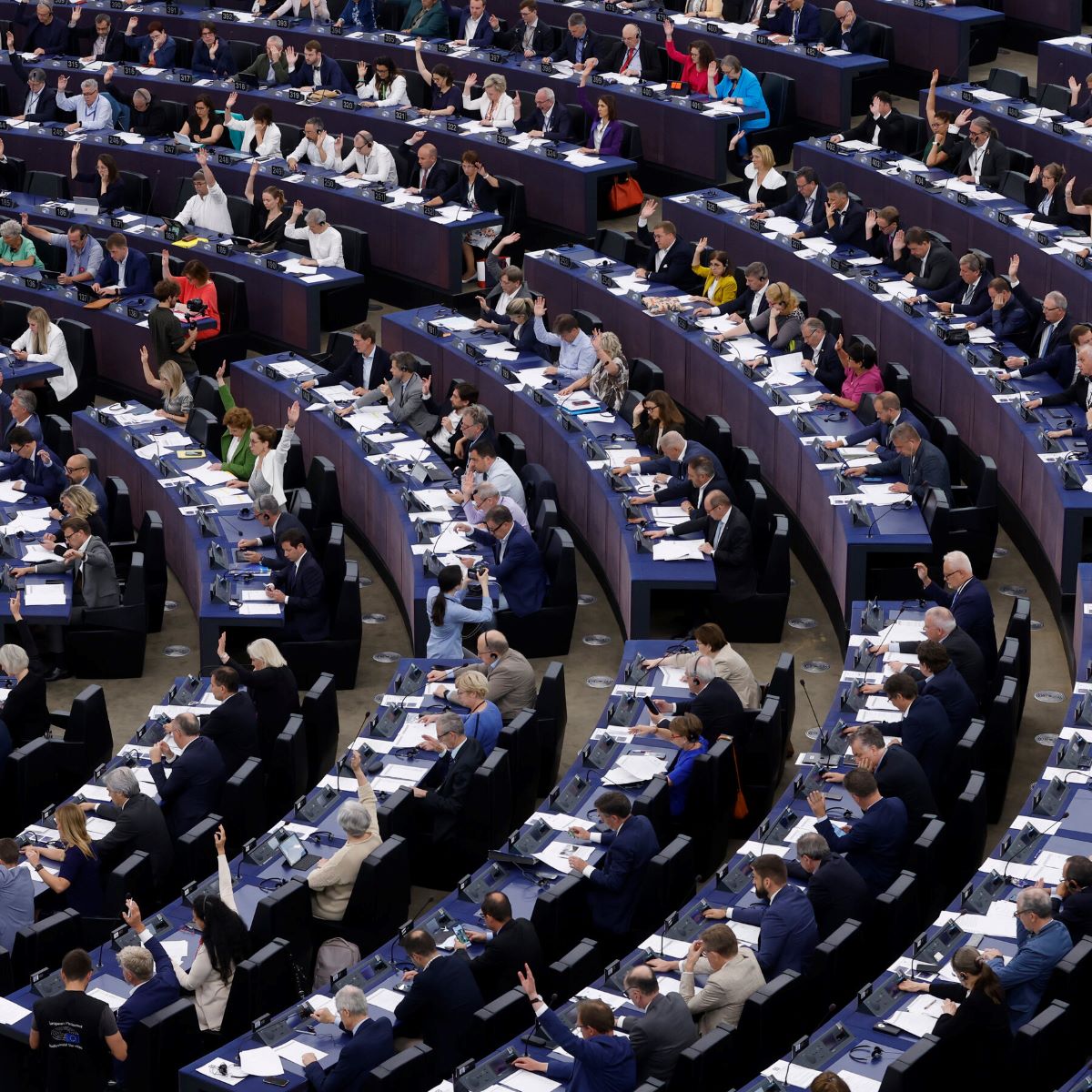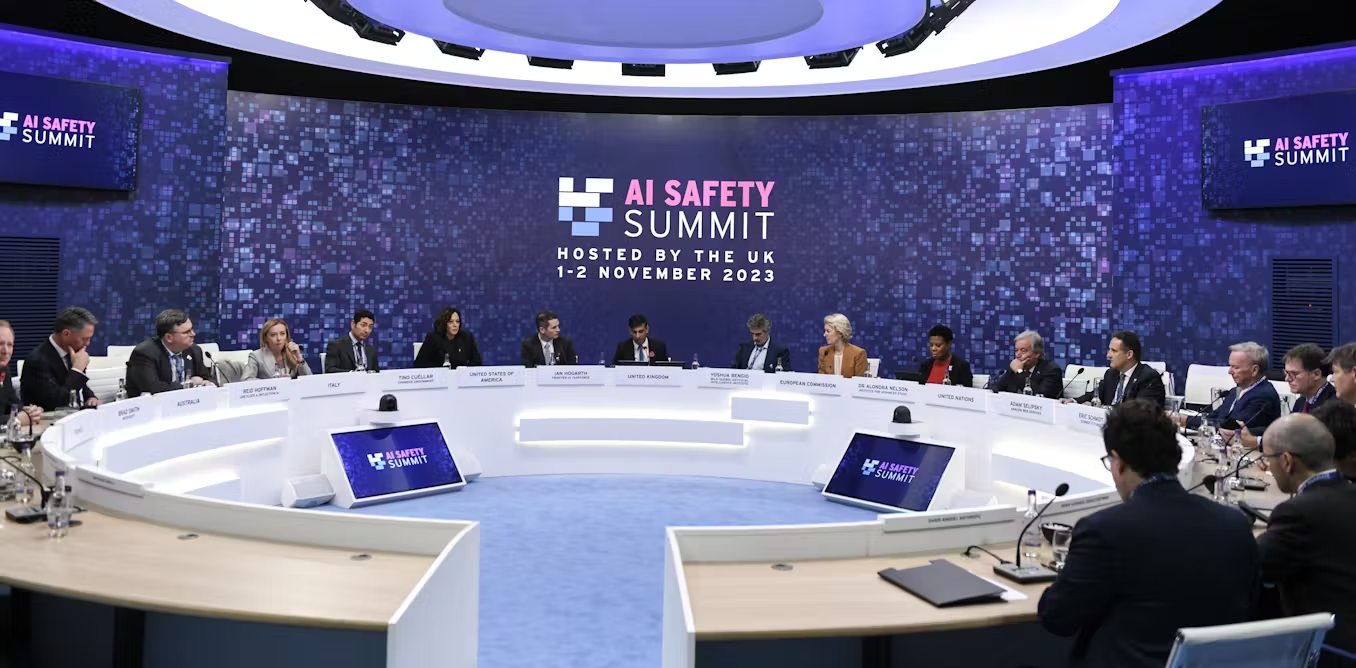On Monday, EU lawmakers urged global leaders to convene a summit to address the rapid development of advanced artificial intelligence (AI) systems like ChatGPT, which they believe is progressing faster than anticipated.
The 12 Members of the European Parliament (MEPs) involved in EU legislation related to AI called on U.S. President Joe Biden and European Commission President Ursula von der Leyen to organize the meeting and emphasized that AI companies should assume greater responsibility.
This call for a summit followed a recent open letter signed by Twitter owner Elon Musk and over 1,000 technology experts, which advocated for a six-month hiatus on developing AI systems more advanced than OpenAI’s latest version of ChatGPT, which has the capability to generate text and images based on prompts.
Published in March by the Future of Life Institute (FLI), the letter warned that unchecked AI could spread misinformation at unprecedented rates and potentially surpass, outsmart, and replace humans.
While the MEPs acknowledged their disagreement with some of the more alarmist claims of the FLI letter, they agreed with its central message that the rapid evolution of powerful AI necessitates substantial political action.
The letter called for both democratic and non-democratic countries to consider potential governance systems and to exercise caution in their pursuit of highly advanced AI technologies.

In response to the lawmakers’ criticism of alarmism, FLI President Max Tegmark remarked that, despite differing opinions, the crucial aspect is that appropriate actions are taken.
He expressed satisfaction with the MEPs’ response and praised them for leading the global conversation on AI regulation.
Tegmark noted that the FLI’s open letter was intended to bring up discussions about policymaking and regulation, and he was encouraged by the significant interest and engagement it has sparked.
Last week, China’s cyberspace regulator introduced draft regulations for managing generative AI services, requiring companies to conduct security assessments before launching their products to the public.
The Biden administration is also seeking public input on potential accountability measures for AI systems amid concerns about their effects on national security and education.
The European Commission proposed draft rules for an AI Act nearly two years ago, which classify AI tools based on their level of risk, ranging from low to unacceptable.
A parliamentary committee is currently reviewing the 108-page bill, with hopes of reaching a consensus by April 26, according to sources familiar with the matter.







Leave a Reply